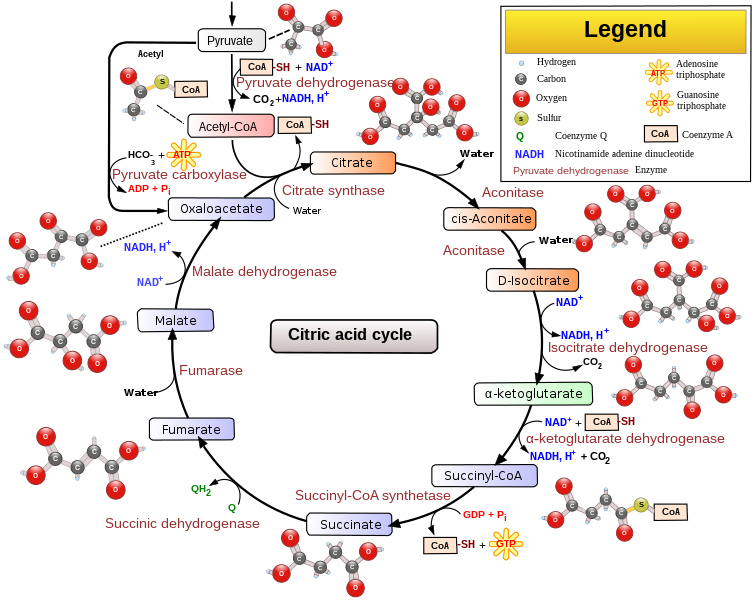The Foibles of Science Publishing
Posted by John Baez
The latest news about Elsevier journals and Scientific American.
Fans of Chaos, Solitons and Fractals will be pleased to hear that Elsevier also publishes a phony medical journal: the Australasian Journal of Bone and Joint Medicine! It’s run by the pharmaceutical company Merck, the secret goal being to advertise Merck products:
- Bob Grant, Merck published fake journal, The Scientist newsblog.
In a mealy-mouthed statement, Elsevier says that it “does not today” consider this publication “a journal” — despite its title.
You can see PDF files of the first two issues here, together with an analysis of them:
- Mitch André Garcia, Merck faked a research journal (.PDFs available).
Note the “honorary editorial board”.
Meanwhile, Scientific American may have taken a turn for the worse. Ad pages are down 18 percent this year. Now the editor in chief and president are gone, and staff have been cut 5 percent:
- Brian Hayes, Sic transit Scientific American.
- Jeff Bercovici, Scientific American editor out in reorg.
Hayes is a senior writer for American Scientist, but he seems to be bemoaning rather gloating over this turn of events. Bercovici is a bit more snide.
By the way: I urge everyone to subscribe to American Scientist, which is really quite good. In the latest issue, I enjoyed this article:
- James Trefil, Harold Morowitz and Eric Smith, The origin of life.
It argues for an origin of life in what are now metabolic processes like the citric acid cycle, rather than in information-transmission processes (as in the RNA world hypothesis.)

The physicist in me likes the idea of using thermodynamics to think about the origin of life.

Re: The Foibles of Science Publishing
Thanks for the link to The origin of Life. Thermodynamics and life science is a proud tradition dating back to D’Arcy Thompson (On Growth and Form) and Schrodinger (What is Life?). I’ve done some work here you might find interesting. link